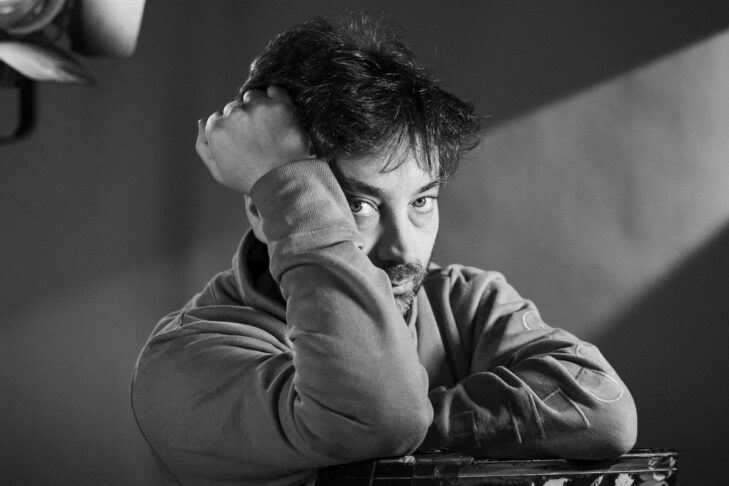Now, more than ever, community matters. Self-expression matters. Creativity matters. As CJP strives to build a vibrant community that strengthens Jewish life and improves the world, art is a crucial component of that goal.
In particular, CJP spotlights local Jewish arts through the Arts and Culture Community Impact Grant Fund, now in its fourth year. This year’s recipients are an exciting group, ranging from choreographers to foodie-podcasters to playwrights, each of whom has a resonant message and a strong work ethic.
“We’re thrilled to announce our fourth cohort of arts and culture grantees. This deep investment in Jewish creativity is so important for our community, especially at a time when we all need Jewish joy and inspiration,” says Sophie Krentzman, CJP’s director of arts and culture. “The projects this round are local and global in focus and include a new art form—podcasts—that we’ve not granted to in the past. I’m looking forward to seeing these new projects take root in the community over the coming year.”
A professional artist jury selects the grantees based on important criteria: Each winner’s work embraces the diversity and complexity of Jewish identity, community and tradition; sparks questions, fosters curiosity or invites communal dialogue on a range of topics both within the Jewish community or across diverse communities; and creatively interprets or reinvents Jewish teachings, ritual, tradition or Jewish life.
Since the program started four years ago, more than $300,000 has been awarded to innovative Jewish arts projects.
This year’s slate of grantees, each of whom will receive $7,500, will showcase their work in the coming year through community engagement—a presentation, showcase or community event.
Read more about their work below.
Adam Mahler
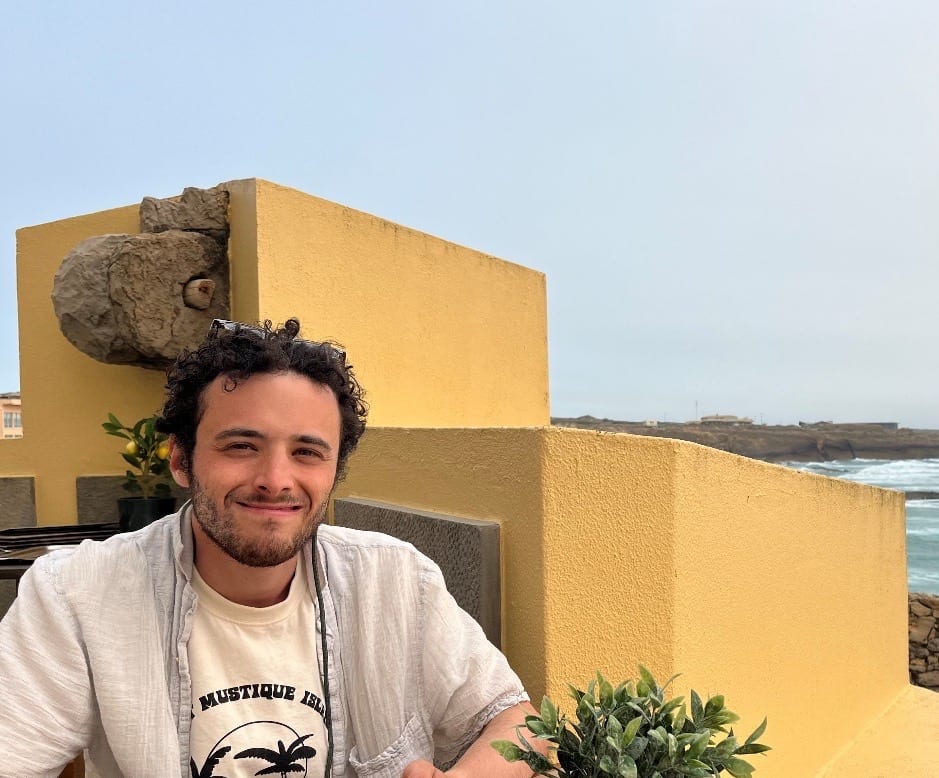
Adam Mahler will finish a literary translation of all extant poems composed by Jews in medieval Spanish, the precursor to modern Ladino: Shem Tov Ardutiel’s “Moral Proverbs” (a collection of epigrams), the anonymously authored “Song of Joseph” (a retelling of the Joseph story from Genesis) and four short anonymous compositions. These poems are unknown outside the Spanish-speaking world.
As a snapshot of the medieval Sephardic cultural synthesis in its final days—with its signature blend of Muslim, Jewish and Christian literary techniques—his proposed translation will help readers reimagine the relations between distinct ethnoreligious communities. By presenting Old Spanish masterworks in lively, Jewish-American verse, he hopes to promote neglected writers from the Sephardic tradition. He also plans to promote the authors through public programming in the Boston area, fostering community ties through Jewish literature.
Anat Hochberg
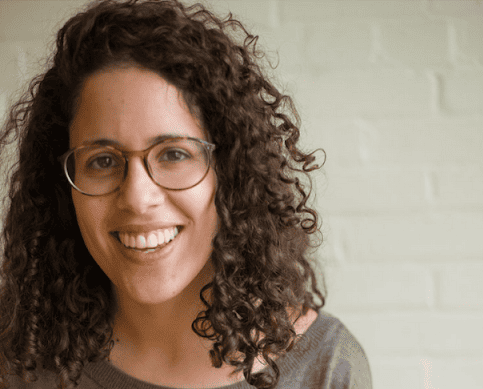
Anat Hochberg focuses on studying, teaching, translating texts and performing new interpretations of traditional Yemenite songs. She’ll travel to Israel to study with musicians and return home to translate song lyrics, making them accessible to English-speaking audiences and aspiring musicians. She plans to conduct workshops within local Jewish communities, culminating with a performance to present new interpretations of these traditional pieces. She also plans to document the process, creating a valuable resource for future cultural enthusiasts.
Ellen Rovner
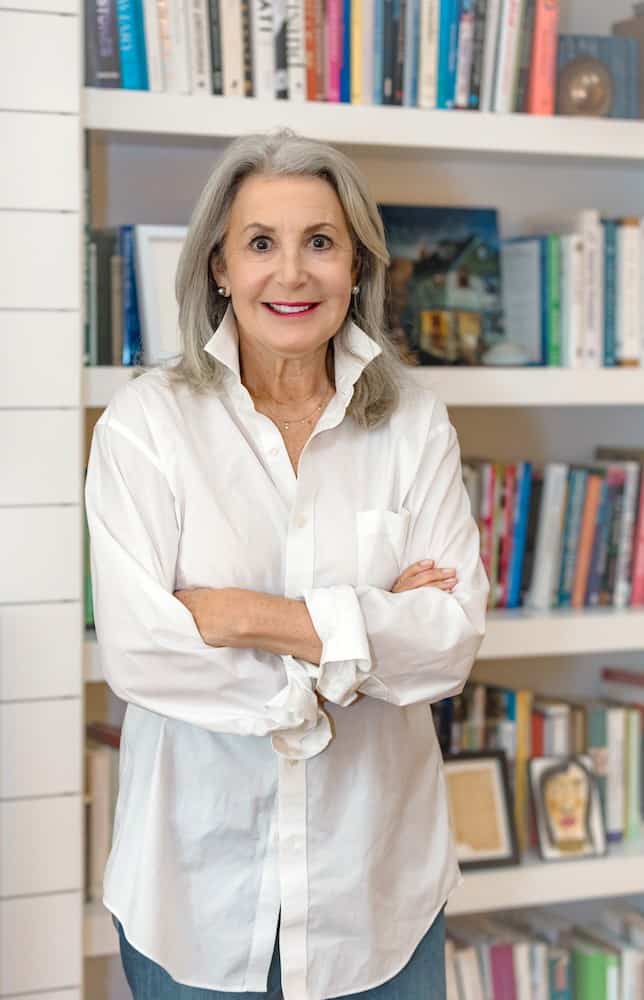
“Chelsea, The Jewish Years” is a short documentary project that honors and preserves Chelsea’s Jewish story, told through the stories of people who have deep connections to the area. The film emerges from Ellen Rovner’s years of researching and conducting Chelsea Jewish Tours, a popular walking tour since 2015 that has attracted hundreds of participants. The film will be shown to school, civic and social service groups in Chelsea, and Jewish and immigrant groups throughout the Greater Boston area. The film will also be part of Chelsea’s year-long 400th anniversary and accessible online through kolture.org, chelseaprospers.org, Chelsea Jewish Museum and the Chelsea Gateway Project.
Igor Golyak
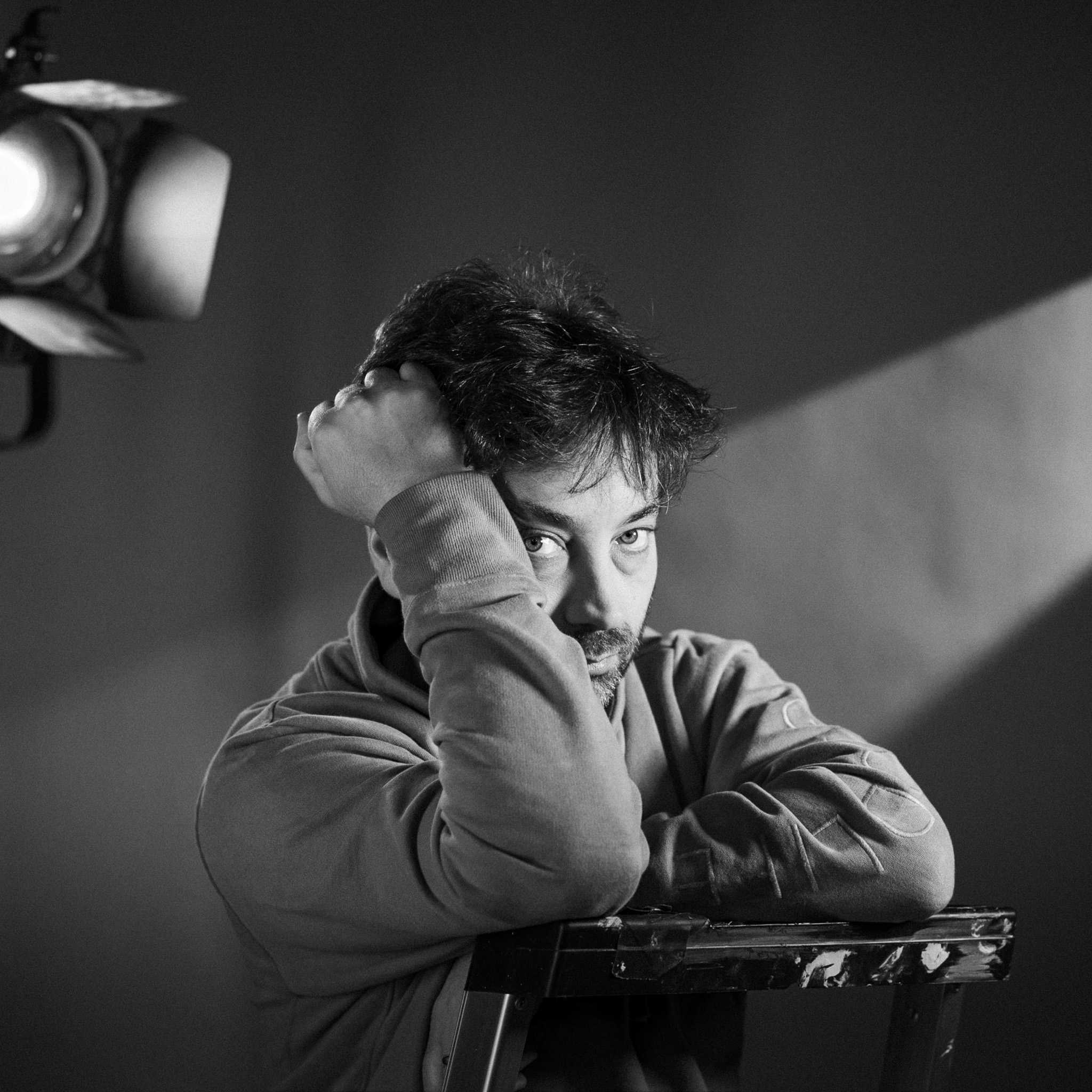
Igor Golyak and the Arlekin Players will produce “The Dybbuk” from May 30 to June 23 at Vilna Shul’s upstairs sanctuary, directed by Golyak and produced by Sara Stackhouse. This is a seminal work originally written in Russian by S. Ansky, then translated into Yiddish. It has since been adapted and translated into English and many other languages, and produced worldwide as theater, opera, ballet, film and more. He hopes to produce this live with 21 performances, as well as conduct the filming needed to later create a virtual, interactive version to stream worldwide, working with a design team of local and international artists.
Ilene Perlman
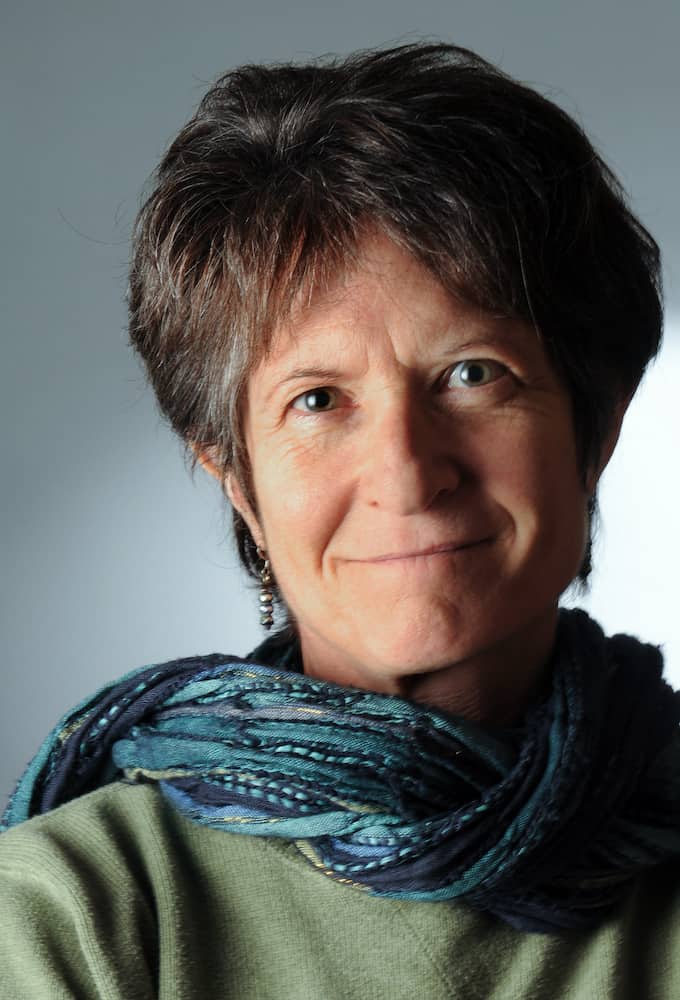
Documentary photographer Ilene Perlman has traveled the world to chronicle the diversity of Jewish communities in more than 12 countries: from Cuba, India and Ireland to Ethiopia, Morocco and Ukraine. In 2024, she plans to visit Azerbaijan, Uzbekistan, Malta, Uruguay, Greece and Ethiopia, where her travels began in 1988. While many of these communities have dwindled over the years, others remain vibrant.
She hopes to add to the historical inventory of Jewish communities and utilize these images for educational purposes. Through her photojournalism, she wants to share their stories of everyday life and how they engage with Judaism through tradition and religious observance. The project will culminate in a book (primarily photography with accompanying text describing locations, history, experiences and reflections) and a traveling exhibit to reach myriad audiences (schools, museums, faith institutions).
Ira Klein
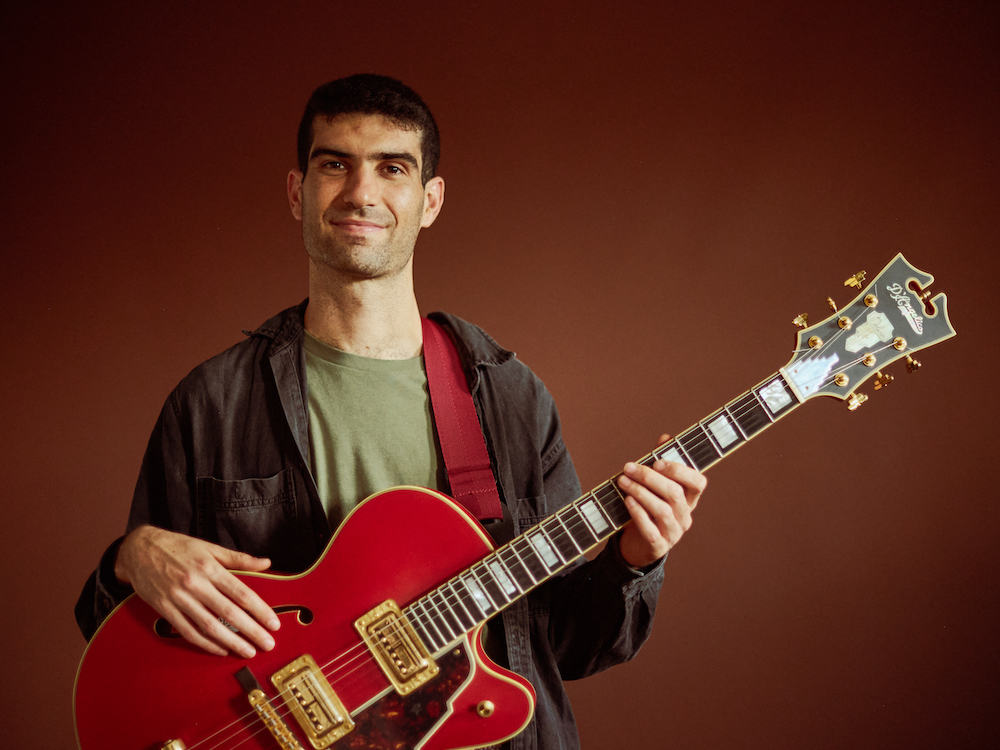
For Ira Klein’s project, “Anna’s Song,” he will create and produce a 10- to 15-minute music video telling the story of his 97-year-old grandmother, Anna Czech-Klein, through original music and readings from her letters, as well as her Yad Vashem testimony. Born in Budapest, she was a member of the Jewish underground resistance during World War II. When Jewish education was banned in Hungary, she was a founding member of a clandestine Jewish school. Anna was deeply involved in document forgery operations that allowed Jews to move freely by hiding their identity. In 1944, she was caught by the Nazis together with her husband, Uri, while transporting fake documents. Anna and Uri were imprisoned and tortured. Anna was sent to Auschwitz, from which she miraculously escaped. Klein will host a community presentation in which he will be premiering his video and facilitate a discussion and Q&A.
Louisa Kasdon
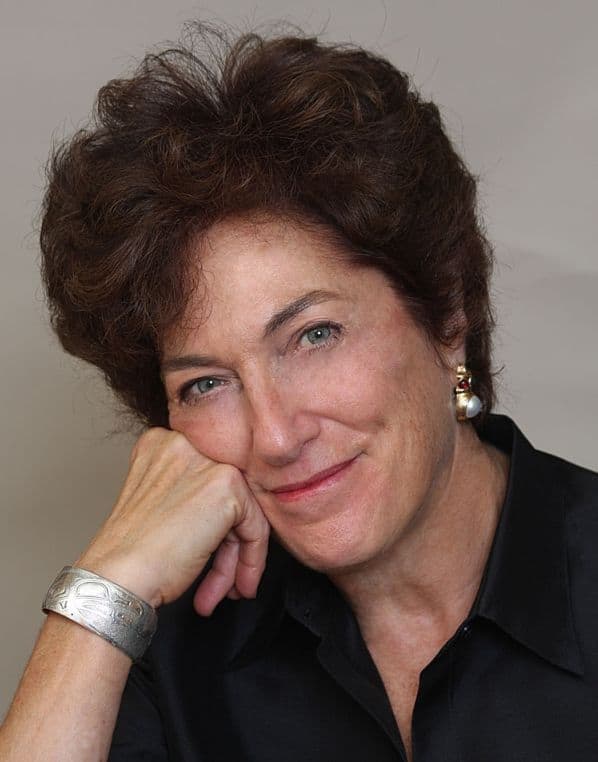
The “Kochleffel” podcast project, with its focus on Jewish women in diverse food world leadership roles, will explore one of our most enduring communal values: the table as a gathering place. Louisa Kasdon will create a thought-provoking and entertaining series of conversations, exploring the nuances of whether and how Jewish heritage guides our personal values and professional choices. Though the lens will be on culinary professionals, she expects the contemplation of Jewish legacy in our personal and professional lives will spark a broader dialogue about how our Jewish identity shapes us in ways we’d never thought. “Kochleffel” literally means “spoon ladle”—or, informally, someone who stirs the pot.
Nathaniel Seelen
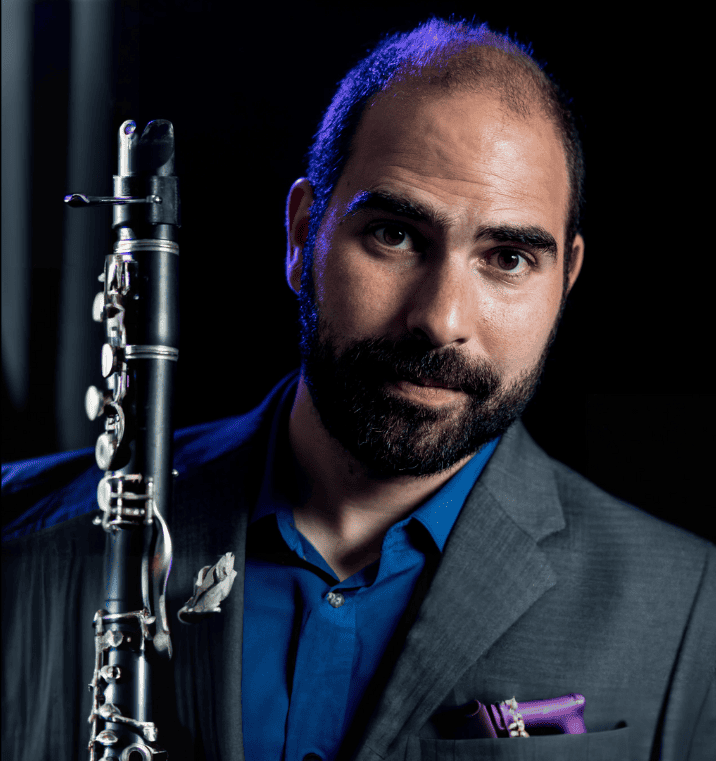
“New Klezmer Dances: Voices of Boston” has four parts: Nat Seelen will lead a series of workshops on klezmer music and creativity at community partners (libraries, schools, senior living facilities and synagogues) around the Boston area. In each workshop, he’ll introduce klezmer music and its place in Yiddish culture, teach a few dances and use input from the audience—note names, themes, directions—to write a new klezmer tune on the spot. Together, they will learn the new tune, sing it and dance to it. Seelen will edit the tunes and expand them into complete dance pieces. He will bring them into the weekly klezmer composers’ workshop he runs over Zoom for feedback from other professional klezmer musicians, then produce a dance folio of cleanly engraved copies in both print and PDF.
In the spring, Seelen will host a free public dance party at the Hyde Community Center Bandstand in Newton to perform the new music. He’ll invite the workshop participants to be recognized and record the performance. He’ll also share the recording and dance folios with community klezmer jams and festivals around the world to help the new pieces enter the broader klezmer repertoire.
Tamar Segev
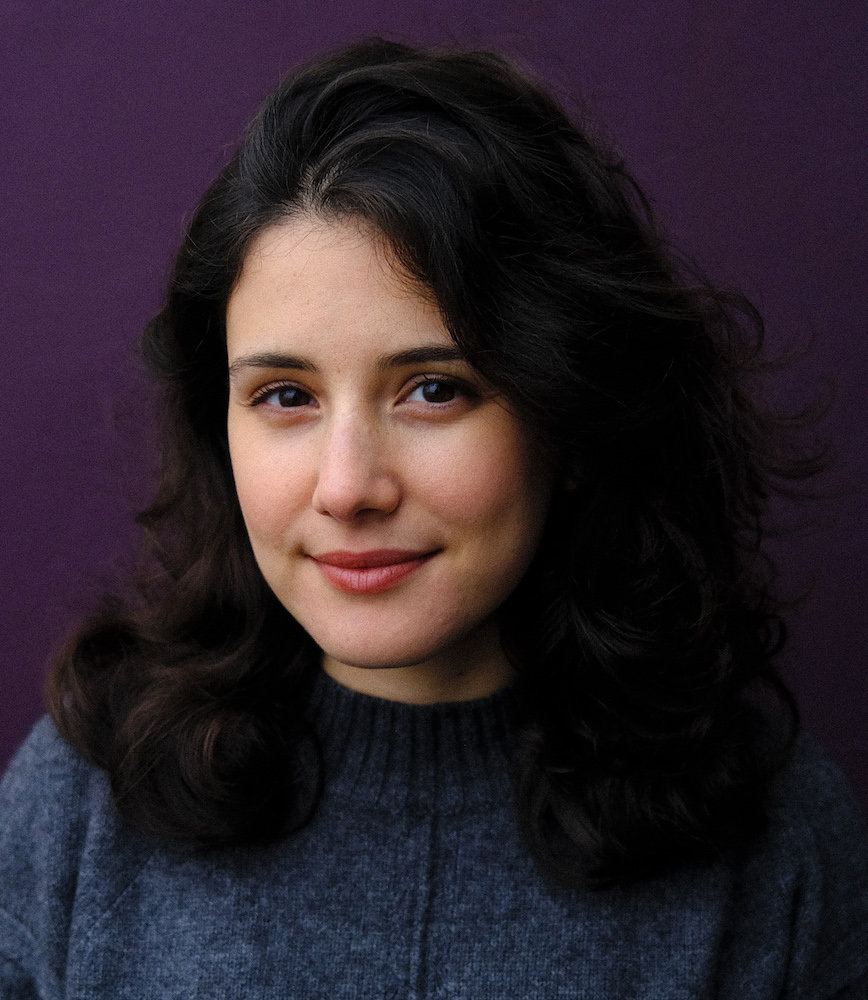
Tamar Segev creates abstract works on paper and canvas that explore how memory is embedded within European cities affected by World War II. Through multiple interpretations of the same sites, she creates records of observation, inquiry and response. She also incorporates stitching in her work as an intentionally slow and arduous process, embodying the labor of remembering and recalling her long lineage of textile workers, including enslaved laborers during World War II.
She recently did this during an artists’ residency in Berlin, where she walked through the city in search of Stolpersteine (stumbling stones). These commemorative plaques are placed between cobblestones in front of the last known residence of victims of Nazi persecution. During the grant period, Segev will expand these works into large-scale paintings as comprehensive investigations of space and memory. She plans to create an exhibition that will visually engage local audiences and generate conversations about artmaking as a method for memory work, including commemorating landscapes and recognizing the layered, complex histories embedded within our cities. In a public artist talk, Segev will share her research alongside her creative process.
Wendy Jehlen
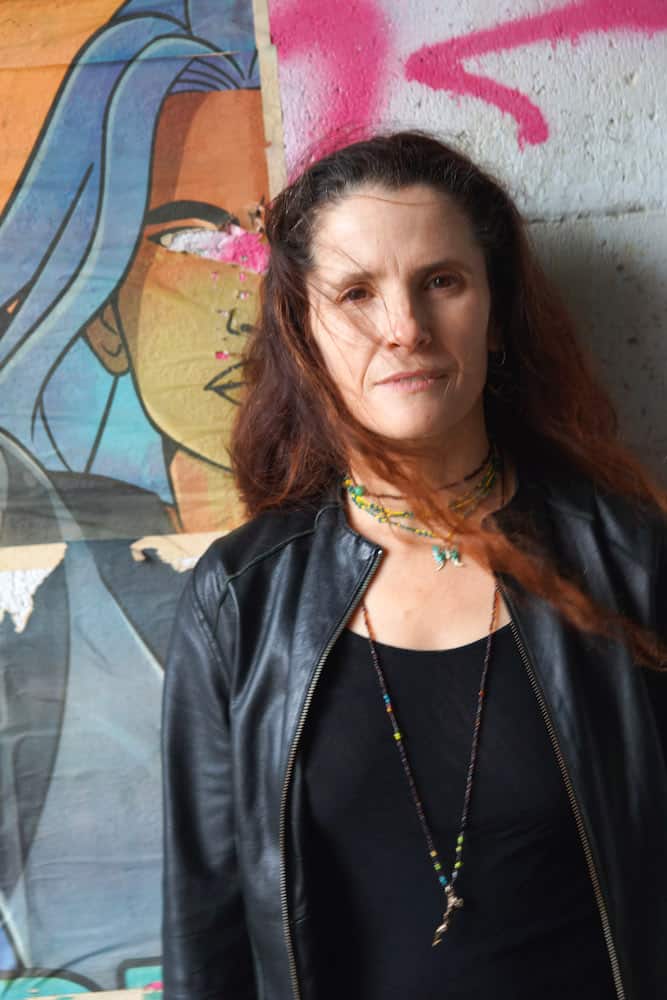
Wendy Jehlen will present “T(h)ree,” an immersive hybrid performance for three dancers to be performed in a dome with immersive spatial sound and 3D, 360-degree projection, in which the scenic elements, sound, projection and dancers are fully integrated in service of a new myth, that, like all myths, draws on ancient ones, a journey that engages witnesses with a story of the disappearance of ecosystems. It will be divided into three chapters (water, the spheres and fire) and centered on a sculptural “tree.” “T(h)ree” explores humanity’s relationship to nature and to each other at this critical moment in our planet’s history.
Jehlen will present the project in public spaces around the Boston area, including Franklin Park, Boston Common, Christian Science Plaza, Arnold Arboretum and along the Somerville Community Path.


